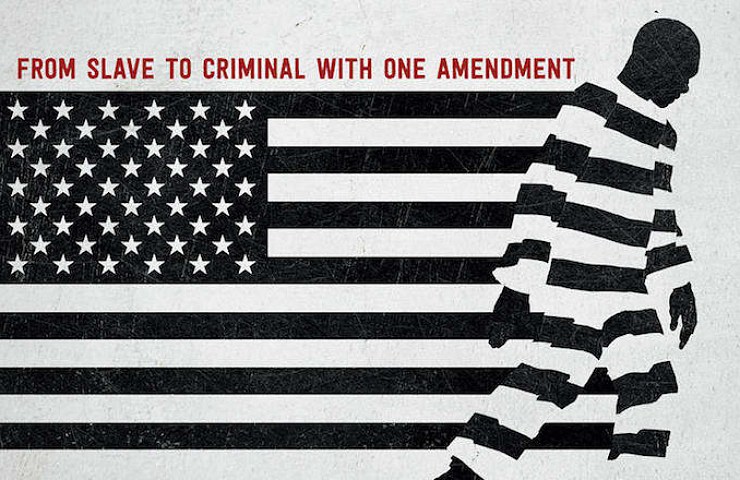On October 7th Netflix released a documentary, “13th” made by “Selma” director Ava DuVernay.
On the surface, the film is about the 13th amendment, which states that “neither slavery nor involuntary servitude, except as a punishment for crime whereof the party shall have been duly convicted, shall exist within the United States.”
That exception was deliberate, and is used as a systematic tactic that would be used to target the freed slaves post-bellum.
With the South in Reconstruction, what better way to continue bondage than to strip the freed slaves of their newly found liberty by branding them criminals by the masses?
Slavery never ended in America, it merely went through a metamorphism.
The documentary mentions D.W. Griffith’s “Birth of a Nation.” This film was about the Ku Klux Klan and their attempt to save southern prosperity. The movie ingrained an image of an inherently criminal black demographic, but was still dubbed a “great film” in terms of direction, story telling and cinematics.
“Birth of a Nation” would come to be an accurate depiction of what race relations would be like in America and further push racist white rhetoric that is seamlessly stitched in the fabric of our country today.
Another major issue that Duverny discusses is Jim Crow laws that were birthed to control and oppress people of color with punishments that included lynching.
The infamous Civil Rights Movement changed the notion of Jim Crow criminality, making it noble and martyr-like to stand up against these laws. This movement was the black community’s attempt to be understood as human beings stated in the Constitution. However, the black man was not human if you go by what the general public and government showed at the time and in its history.
During the 1970’s, Nixon was in office and he was pushing “public enemy number 1” drug abuse. Within the presidential race Nixon pushed his anti-social progression but masked it with the war on drugs.
Using the southern strategy of appealing to common southern whites, he homogenized the increase in crime with the Civil Rights Movement which invalidated and disenfranchised socially progressive causes.
In a fascist manner, he induced a governmental civil war on law abiding citizens from false rhetoric.
In the 80’s Reagan advanced Nixon’s rhetoric. The war on drugs was a “war on communities of color.” (Angela Davis).
The other side of this documentary explored the theory of political rhetoric that is used against black and brown bodies like the term “super predator,” which criminalizes young black men based off profiling and is perpetuated through over representation in this light.
The various points hit in this documentary not only are addressed in an effective way, but also analyzes overlooked details and how everything from propaganda, big business and politics are intertwined. Ava DuVernay does this without lecturing and executes flawlessly. The reason that she is able to accomplish this isn’t only a nod to her mastery of the filmmaking craft but also because of the identity that she holds; A black woman.
Being black the films content exuded a specific kind of passion in how the message was presented. With her being a woman, it not only showed a new perspective on filmmaking itself but the nuances and particulars had time to be formed and had, in its own way, a special kind of character arc.
This film in its entirety could have only been this impactful with a woman being the major creative force. Its theme echoed through the film mentally and physically, that being criminality. Also the theme rang deeper, being that America is the land of the free but holds a money making agenda, based on the premise of hyper-incarceration, that is compartmentalized and strictly biased around the citizenry of people of color.





Recent Comments